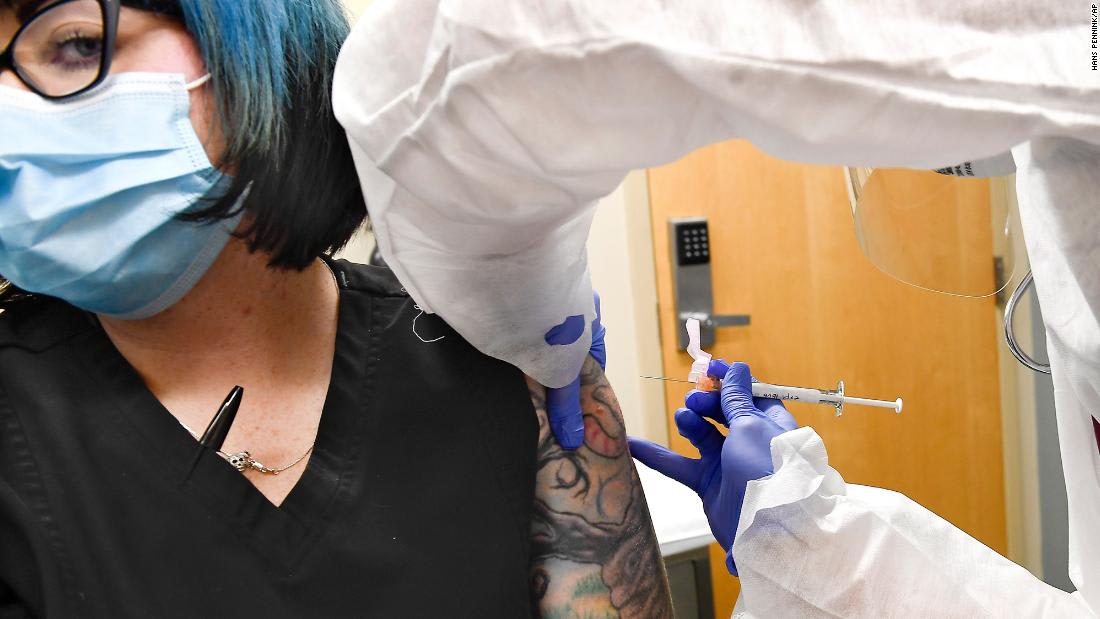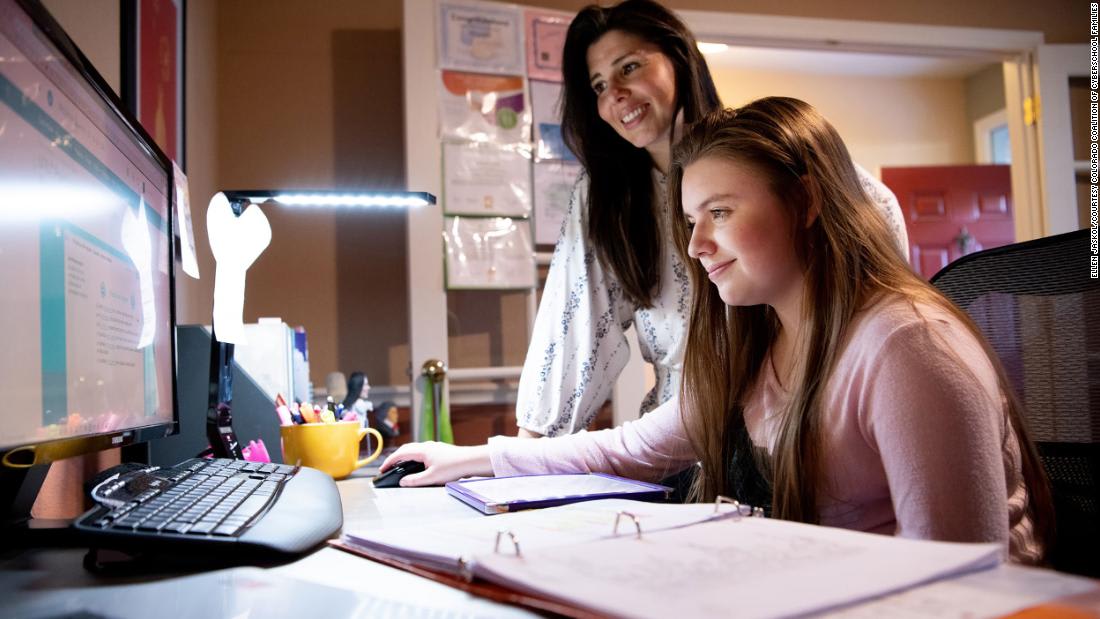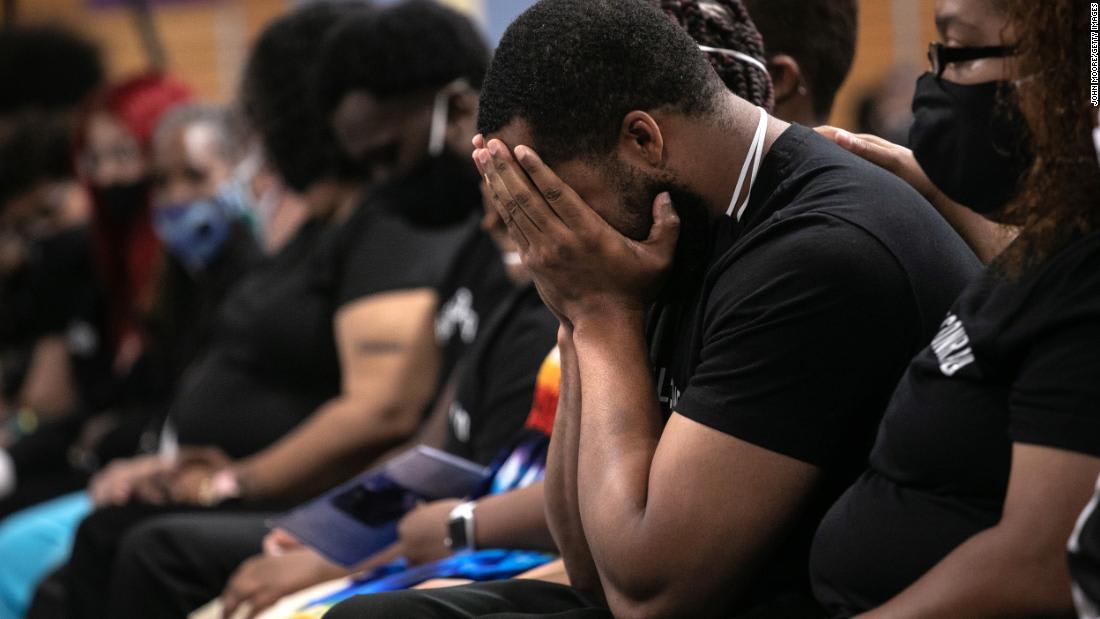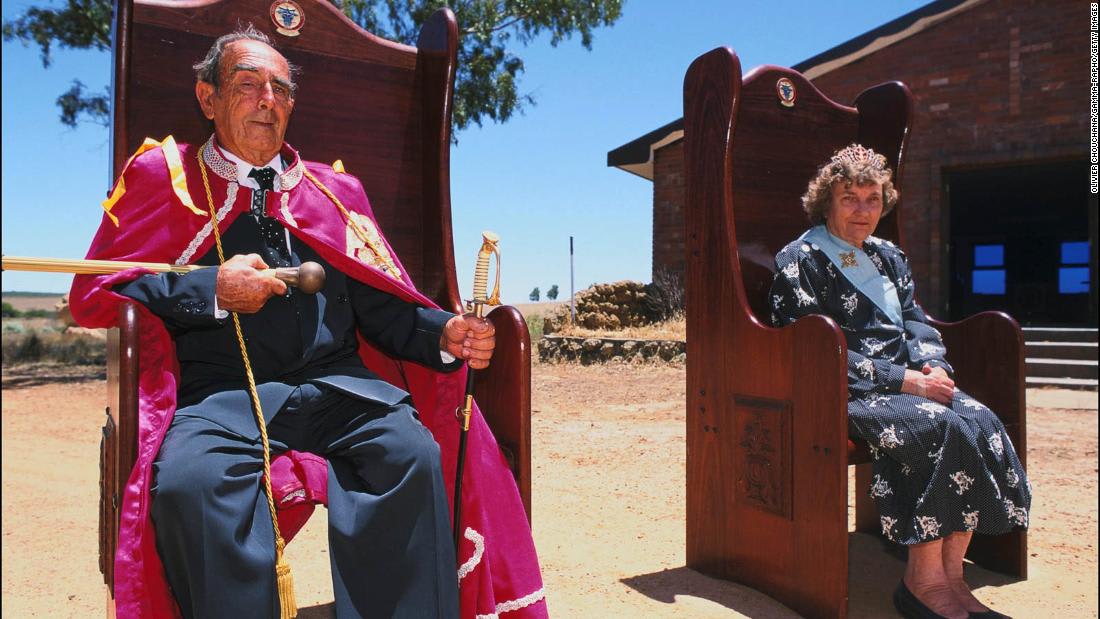"If we suppress the virus, we can safely open up societies," WHO head says
From CNN's Naomi Thomas
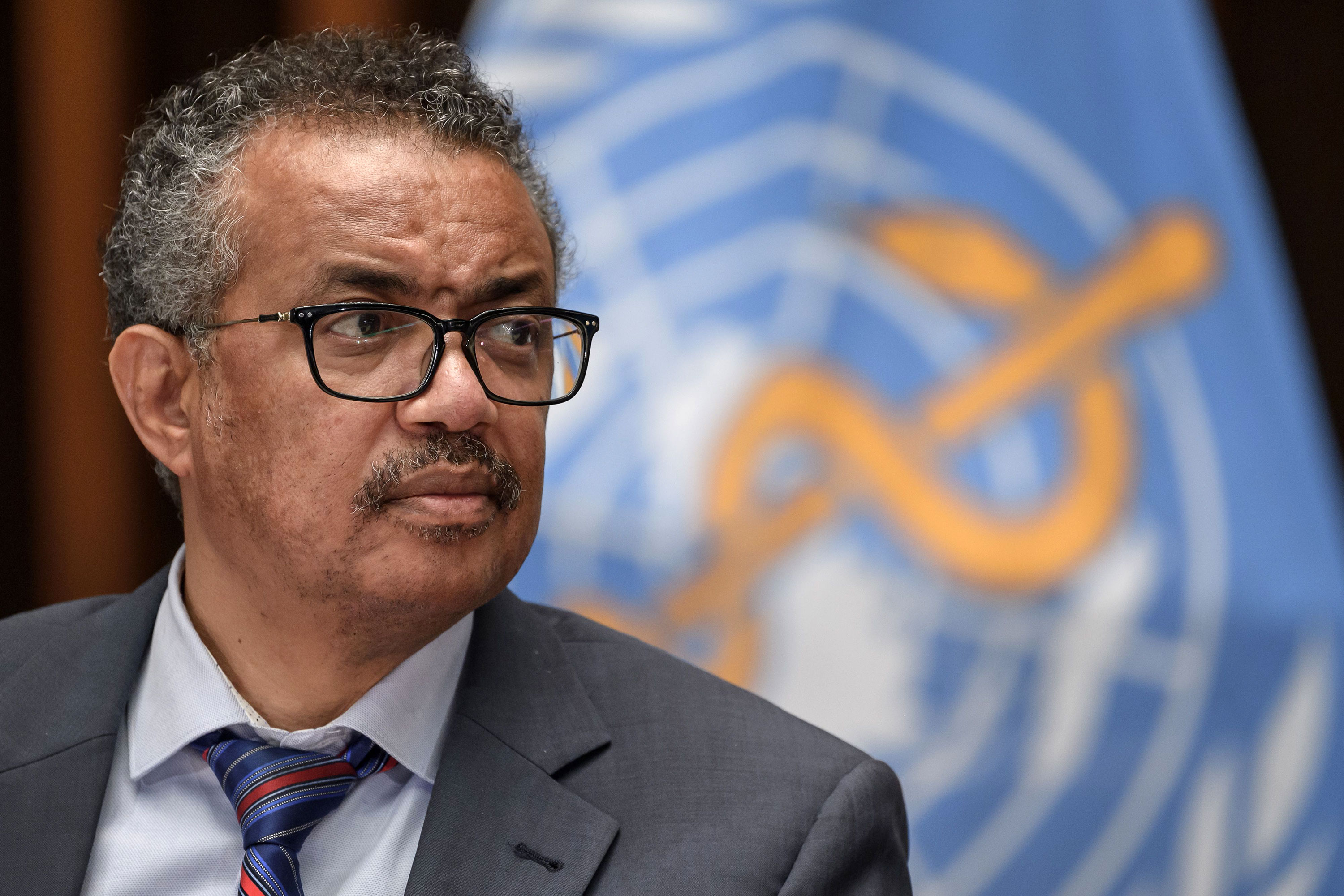 World Health Organization Director-General Tedros Adhanom Ghebreyesus attends a press conference on July 3 at the WHO headquarters in Geneva. Fabrice Coffrini/Pool/AFP/Getty Images
World Health Organization Director-General Tedros Adhanom Ghebreyesus attends a press conference on July 3 at the WHO headquarters in Geneva. Fabrice Coffrini/Pool/AFP/Getty ImagesAs the global Covid-19 case count approaches 20 million and deaths approach 750,000, Tedros Adhanom Ghebreyesus, director-general of the World Health Organization, said the virus must be suppressed to safely reopen societies,
“I know many of you are grieving, and that this is a difficult moment for the world,” Tedros said during a news briefing in Geneva on Monday. “But I want to be clear: There are green shoots of hope and no matter where a country, a region, a city or a town it – it is never too late to turn the outbreak around.”
He said there are "two essential elements to effectively addressing the pandemic effectively."
“Leaders must step up to take action, and citizens need to embrace new measures,” he said.
Tedros highlighted countries such as New Zealand and Rwanda as examples of places that are doing well in the fight against Covid-19.
New Zealand’s Prime Minister celebrated 100 days with no community transmission but stressed the need to stay cautious, Tedros said. Rwanda is seeing progress due to a similar combination, he said. Testing and treatment for Covid-19 is free, people who test positive are isolated, and all their potential contacts are visited and tested by health workers.
“Getting the basics right provides a clear picture of where the virus is, and the necessary targeted actions to suppress transmission and save lives,” Tedros said.
He added that "even in countries where transmission is intense, it can be brought under control by applying an all-of-government, all-of-society response."
Using tools such as rapid case identification, contact tracing, adequate care for patients, physical distancing, mask wearing and hand hygiene, chains of transmission have been broken.
Countries that have successfully done this have been able to reopen parts of societies, including schools, with a risk-based approach; however they must stay vigilant for potential clusters of Covid-19.
Everyone wants to see schools reopen, Tedros said, but the safety of all those involved must also be ensured.
“My message is crystal clear: Suppress, suppress, suppress the virus,” Tedros said. “If we suppress the virus effectively, we can safely open up societies.”
Bolivia nears 90,000 Covid-19 cases after days of protests following postponement of elections
From CNN’s Tatiana Arias and Gloria Carrasco
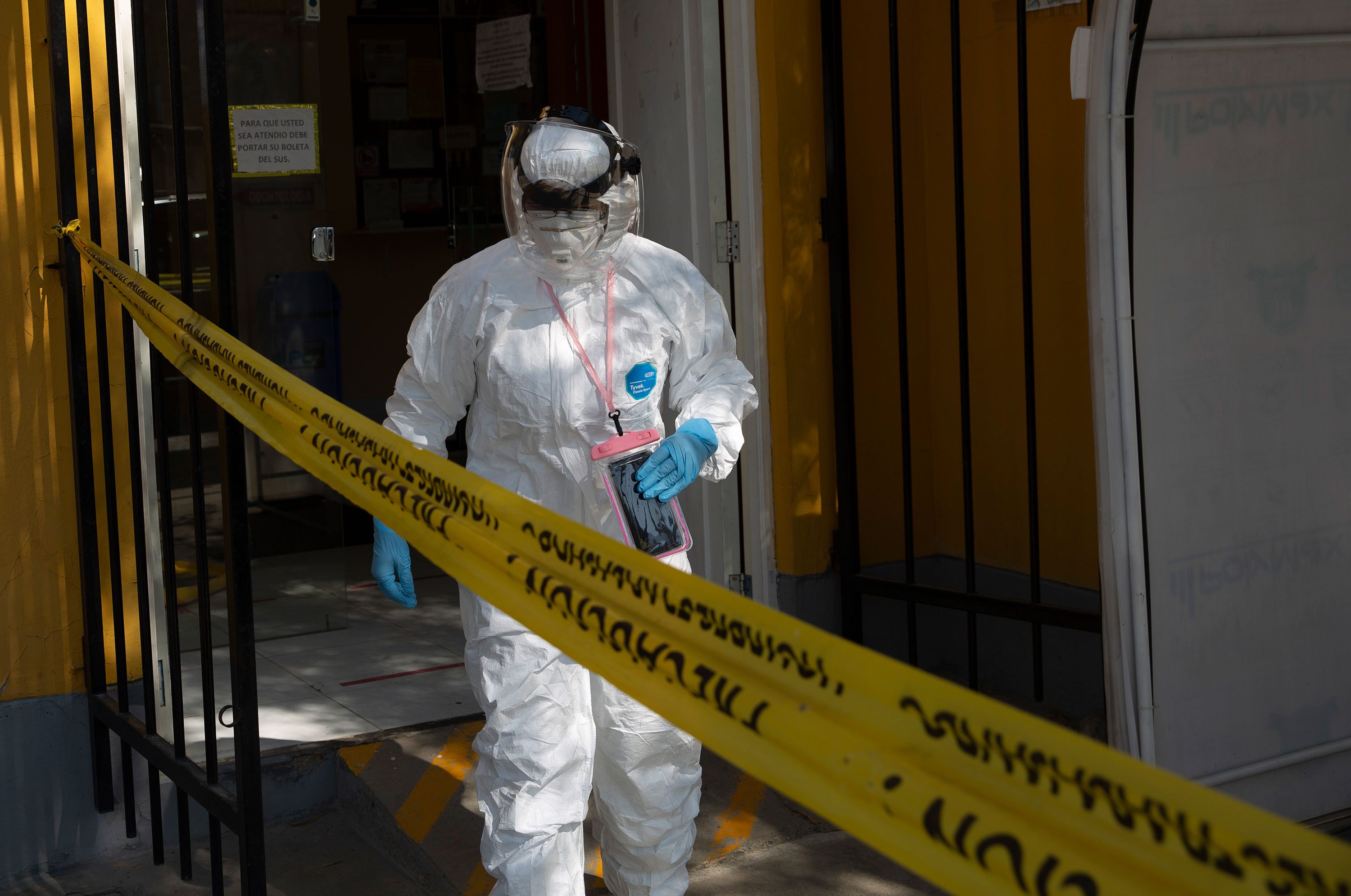 A healthcare worker takes part in a house-to-house campaign to help curb the spread of coronavirus on August 8 in La Paz, Bolivia Juan Karita/AP
A healthcare worker takes part in a house-to-house campaign to help curb the spread of coronavirus on August 8 in La Paz, Bolivia Juan Karita/APBolivia’s Health Ministry reported 944 new Covid-19 cases on Sunday, bringing the country’s total number of cases to 89,999.
At least 53 new deaths were also reported, bringing the death toll to 3,640.
Sunday marked seven days since protesters started setting up road blockades across the country to oppose the delay of the country’s general election.
At least 60 roadblocks were set up, preventing transport for medical supplies and oxygen needed to fight the pandemic and causing more than 30 deaths, according to health authorities.
Bolivia’s Supreme Electoral Tribunal (TSE) postponed the country’s general election to September first and later to October due to the Covid-19 pandemic.
Dialogue efforts between the government, the opposition party MAS led by former president Evo Morales and union leaders have not been successful.
It's just after 1 p.m. in London and 8 a.m. in New York. Here's the latest on the pandemic
The novel coronavirus has infected more than 19.8 million people worldwide and caused more than 731,570 deaths. Here's what you need to know:
Moderna's clinical trial numbers show there's "no way" Trump can have a vaccine by Election Day
From CNN's Elizabeth Cohen
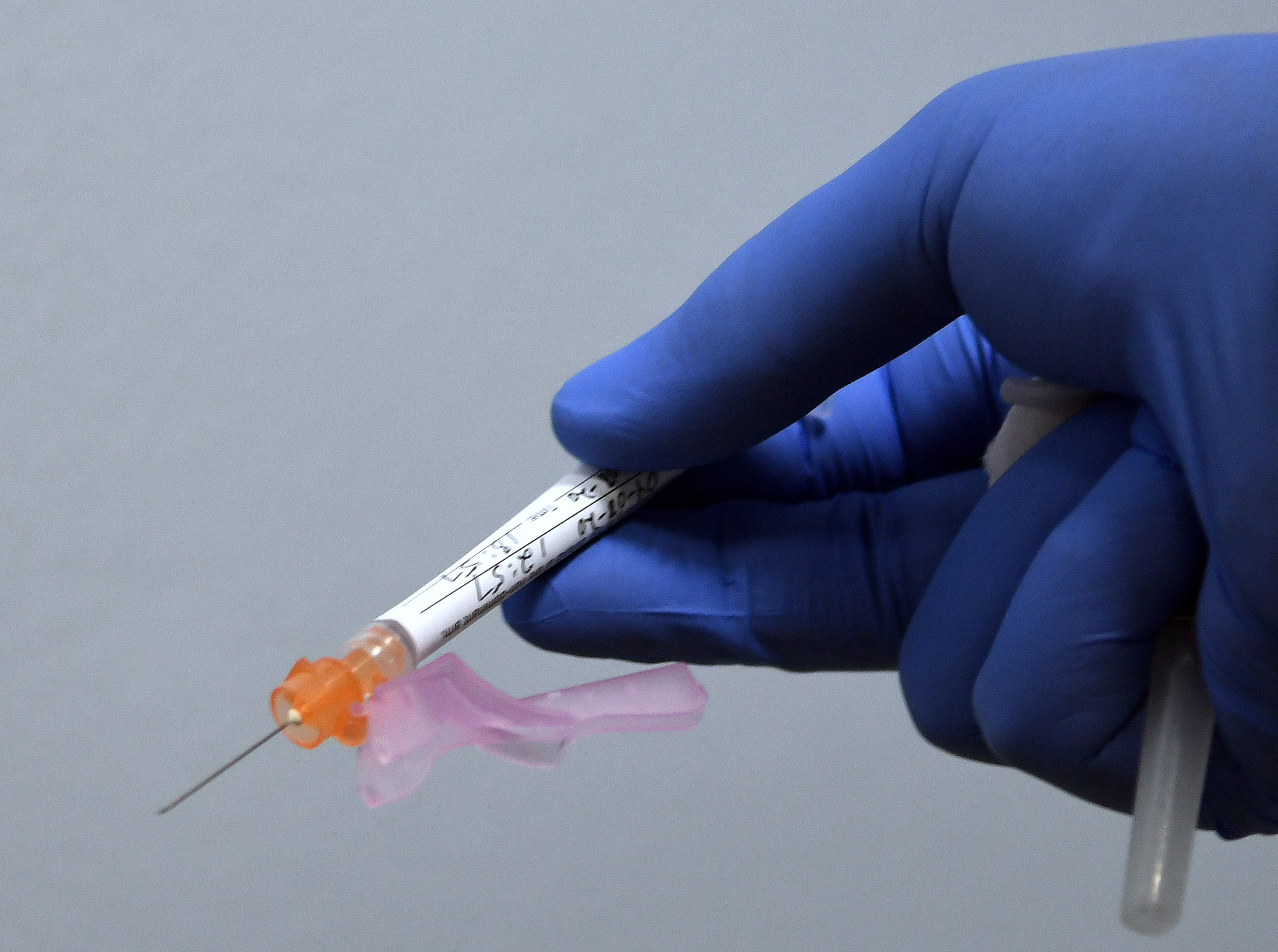 A medical worker prepares to inject a participant in a Phase 3 Covid-19 vaccine clinical trial sponsored by Moderna at Accel Research Sites in DeLand, Florida, on August 4. Paul Hennessy/NurPhoto/Getty Images
A medical worker prepares to inject a participant in a Phase 3 Covid-19 vaccine clinical trial sponsored by Moderna at Accel Research Sites in DeLand, Florida, on August 4. Paul Hennessy/NurPhoto/Getty ImagesContrary to his predictions, President Trump won’t have a coronavirus vaccine ready by Election Day, vaccine experts tell CNN after reviewing data from Moderna, the first company to begin Phase 3 clinical trials of a coronavirus vaccine in the United States.
There’s no way. There's just no way," said Dr. Peter Hotez, a vaccinologist at Baylor College of Medicine, and a CNN medical analyst.
Last week President Trump said he was "optimistic" a vaccine would be ready around Election Day on November 3.
"I believe we'll have the vaccine before the end of the year, certainly, but around that date, yes. I think so," Trump said Thursday.
CNN obtained part of an email Moderna sent on Friday to the principal investigators of its vaccine trials. It says 4,536 study subjects have enrolled in the trials.
The trial started on July 27, and intends to enroll 30,000 study subjects. The company has said it is "on track to complete enrollment in September."
Moderna won't make that 30,000 in September if they continue at the rate of the first two weeks, but it’s likely the speed of enrollment will ramp up, since as of Friday only 54 of the study's 89 sites were operating, according to the company's email to its researchers.
Moderna's numbers did increase significantly from the first week of the trial to the second week.
Even if Moderna does reach its goal of full enrollment during the month of September, the company still won't have a vaccine on the market by Election Day, infectious disease experts say.
I don't see how that would be possible," said Dr. Paul Offit, a vaccinologist at Children's Hospital of Philadelphia.
After Moderna enrolls its subjects and gives them their first shot, they then have to wait 28 days before giving them a second shot.
That means participants enrolled at the end of September won’t be getting their second injections until the end of October.
Offit said they then have to wait two weeks for the vaccine to become fully effective.
"That takes you past Election Day," Offit said.
After that, the researchers have to wait and see who gets sick with Covid-19 and who does not. Half the study participants are receiving the real vaccine, and half get a placebo, or a shot that does nothing. Neither the participants nor the doctors giving the vaccines know who got which injections.
Both Offit and Hotez predict there will be results from the Moderna study in the first quarter of 2021 at the earliest.
Maybe by Inauguration Day, we might have a glimmer of whether the vaccine is working and be able to assess its safety," Hotez said.
Read more:
UK Prime Minister says schools must reopen in September
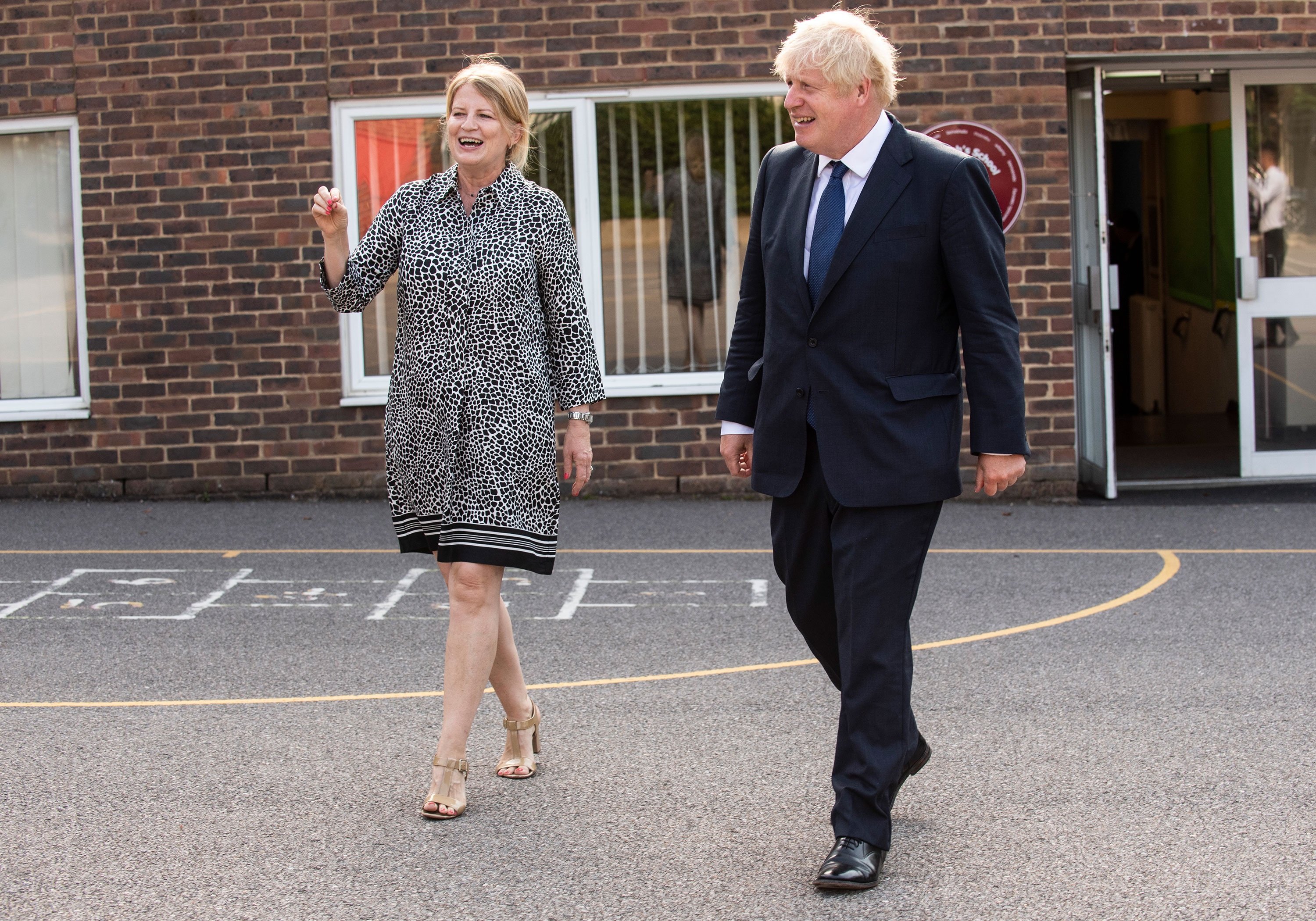 UK Prime Minister Boris Johnson speaks with head teacher, Bernadette Matthews during a visit to St Joseph's Catholic School in Upminster, London, on August 10, to see its new Covid-19 preparedness plans. Lucy Young/WPA/Pool/Getty Images
UK Prime Minister Boris Johnson speaks with head teacher, Bernadette Matthews during a visit to St Joseph's Catholic School in Upminster, London, on August 10, to see its new Covid-19 preparedness plans. Lucy Young/WPA/Pool/Getty ImagesUK Prime Minister Boris Johnson says the UK has a "moral duty" to reopen schools full-time next month for children's wellbeing.
Schools in England closed in March, though many remained partially open for vulnerable children and the children of key workers.
Some pupils in kindergarten, grade 1 and grade 6 went back to school in June.
Johnson visited schools in East London on Monday.
"It’s much, much better for their health and mental wellbeing, obviously their educational prospects, if everybody comes back to school full-time in September."
"It’s our moral duty as a country to make sure that happens."
Johnson's comments come after he wrote an article for British newspaper the Mail on Sunday, declaring school reopening a "national priority."
He said children were at increased risk of domestic violence, exploitation and addiction if they remained out of school for any longer than necessary.
Johnson has repeatedly said that the risk of children becoming severely ill from coronavirus is “low," but safely reopening schools remains a fraught process for officials.
A key member of the group advising the government on its Covid-19 response said last week that the UK may need to choose between keeping pubs open or allowing schools to reopen, if it wants to keep coronavirus infection rates down.
This is what distance learning should look like
From CNN's Lisa Selin Davis
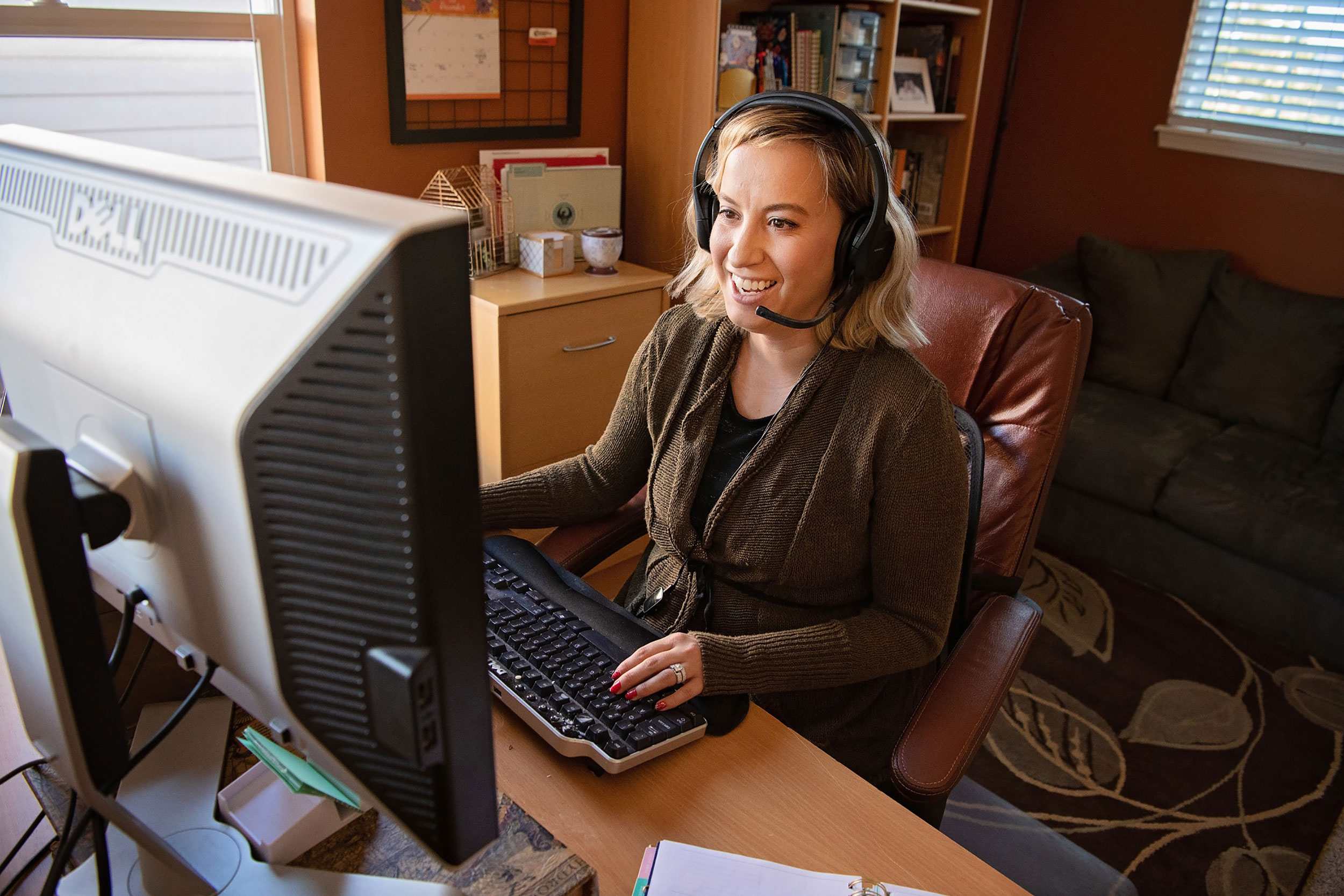 Kim Reeder, a middle school social studies teacher at Colorado Connections Academy, said virtual education enables her to meet the individual needs of each of her students. Ellen Jaskol/Courtesy Colorado Coalition of Cyberschool Families
Kim Reeder, a middle school social studies teacher at Colorado Connections Academy, said virtual education enables her to meet the individual needs of each of her students. Ellen Jaskol/Courtesy Colorado Coalition of Cyberschool FamiliesWhen Kim Reeder started teaching in Parker, Colorado, 14 years ago, she found that managing the classroom environment took way more time and energy than actually teaching children, and she couldn't reach as many of them as she wanted.
I knew there were kids being left behind or not being pushed hard enough, because due to time constraints and class sizes, I had to teach the middle," she said.
Then Reeder discovered virtual school. As a middle school social studies teacher at Colorado Connections Academy for the past 13 years, she's found that "there's really no classroom management."
Online teaching at the academy, a public school for children from kindergarten through to 12th grade, gives her the time, freedom and energy to "give every student what they need."
Many schools around the world abruptly transitioned to distance learning in March, when Covid-19 forced brick-and-mortar schools to shut.
But much of what students have experienced since then didn't represent real online schooling, in which teachers are trained to teach remotely and online.
Read more:
Covid-19's toll on bereaved family members runs deep, study says
From Judith Graham, Kaiser Health News
Every day, the US is reminded of Covid-19's ongoing impact as new death counts are published. What is not well documented is the pandemic's toll on the family members of those whose lives are lost to the virus.
New research suggests that damage is enormous: For every person who dies of Covid-19, nine close family members are affected, researchers estimate -- based on complex demographic calculations and data about the coronavirus.
Many survivors will be shaken by the circumstances under which their loved ones pass away — rapid declines, sudden deaths and an inability to be there at the end — and worrisome ripple effects may linger for years, researchers warn.
If 190,000 Americans die from Covid-19 complications by the end of August, as some models suggest, 1.7 million Americans will be grieving close family members, according to the study. Most likely to perish are grandparents, followed by parents, siblings, spouses and children.
"Our results highlight that these are not completely socially isolated people that no one cares about. They are integrally connected with their families, and their deaths will have a broad reach."
Read more:
Australia's oldest micronation, Hutt River, is no more -- thanks to Covid-19
From CNN's Ronan O'Connell
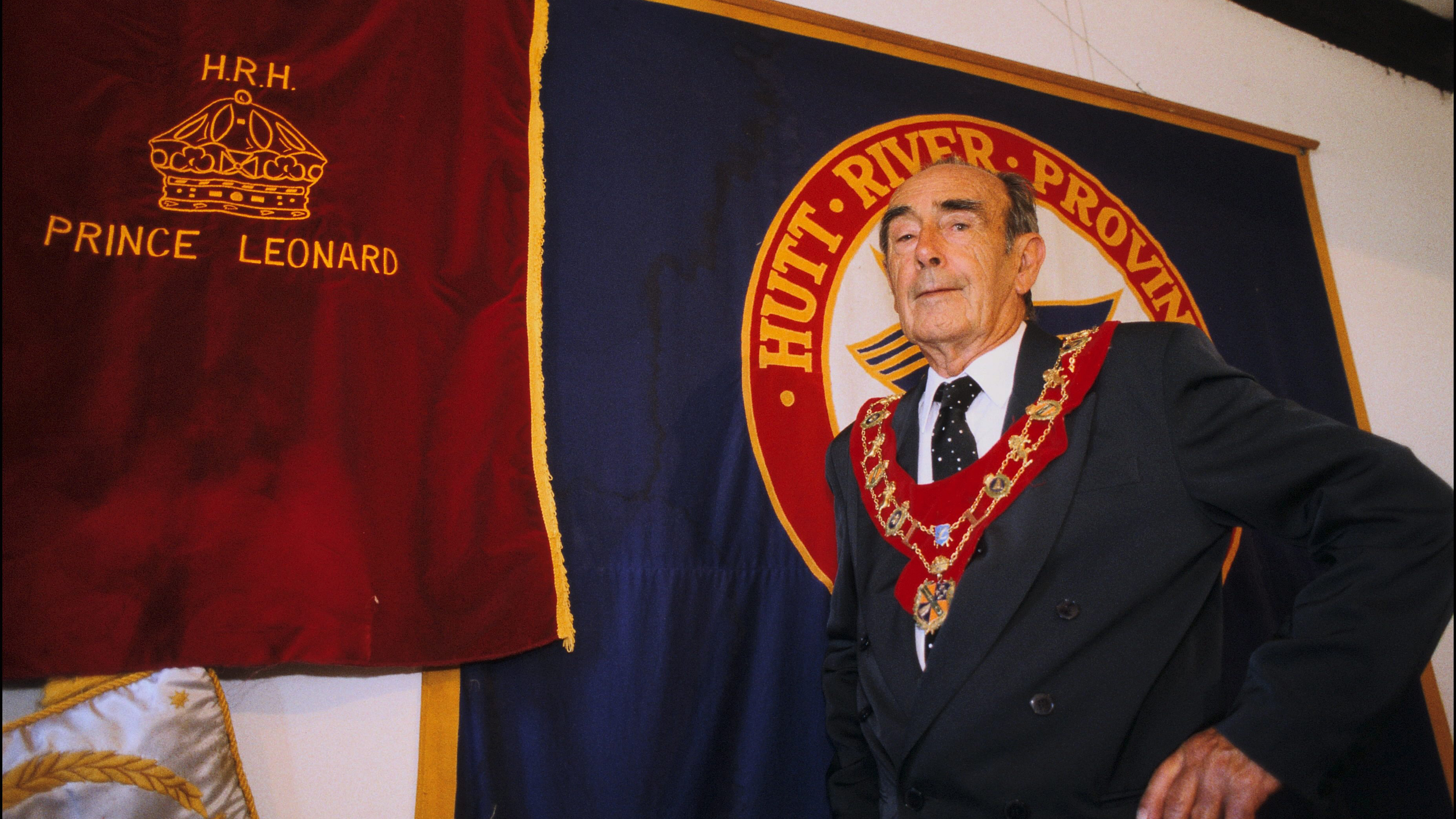 Hutt River founder Prince Leonard Casley in 1998. Olivier Chouchana/Gamma-Rapho/Getty Images
Hutt River founder Prince Leonard Casley in 1998. Olivier Chouchana/Gamma-Rapho/Getty ImagesThe 50-year reign of an Australia-based micronation formed by a "prince" has come to an end.
Hutt River, a self-declared principality, issued its own passports and once even declared war on Australia. In recent years, however, it's been known as a quirky tourist attraction.
But the economic impact of the Covid-19 pandemic, coupled with a giant tax bill, have forced the principality to announce it will finally "surrender" to Australia.
Hutt River's origins as a micronation date back to 1970, when the late Prince Leonard Casley claimed he'd exploited a legal loophole to create the principality in an isolated part of Western Australia, 500 kilometers (310 miles) north of the state capital, Perth.
Set on 75 square kilometers of farming land, it was more than twice the size of Macau, but populated by fewer than 30 people.
Read more:
Former Indian president tests positive for Covid-19
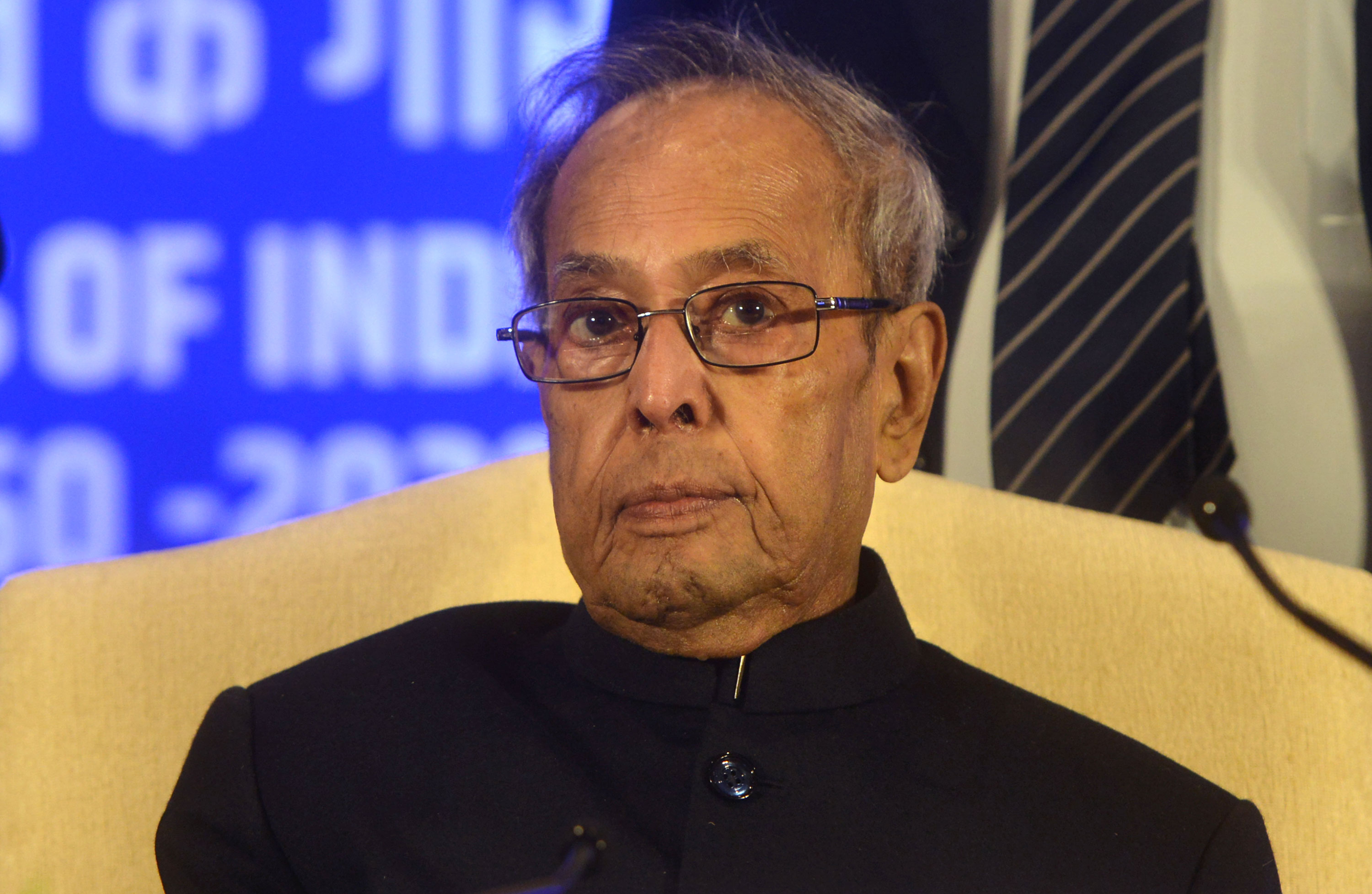 Former President of India, Pranab Mukherjee, attends the Sukumar Sen Memorial Lecture Series in New Delhi, India, on January 23. K Asif/India Today Group/Getty Images
Former President of India, Pranab Mukherjee, attends the Sukumar Sen Memorial Lecture Series in New Delhi, India, on January 23. K Asif/India Today Group/Getty ImagesFormer Indian president Pranab Mukherjee has tested positive for coronavirus,
"On a visit to the hospital for a separate procedure, I have tested positive for Covid-19 today," Mukherjee wrote in a post on his official Twitter account Monday.
"I request the people who came in contact with me in the last week, to please self isolate and get tested for Covid-19."
Mukherjee served as India's president from 2012 to 2017, following a career during which he held a string of prominent government roles.
India's Minister of Home Affairs Amit Shah announced on August 2 that he had tested positive for the virus and B.S. Yediyurappa, the chief minister of India's southern state of Karnataka, announced his positive diagnosis on the same day.
India has more than 2.2 million recorded cases of the virus, and 44,386 deaths, according to Johns Hopkins University.

 5 years ago
694
5 years ago
694 